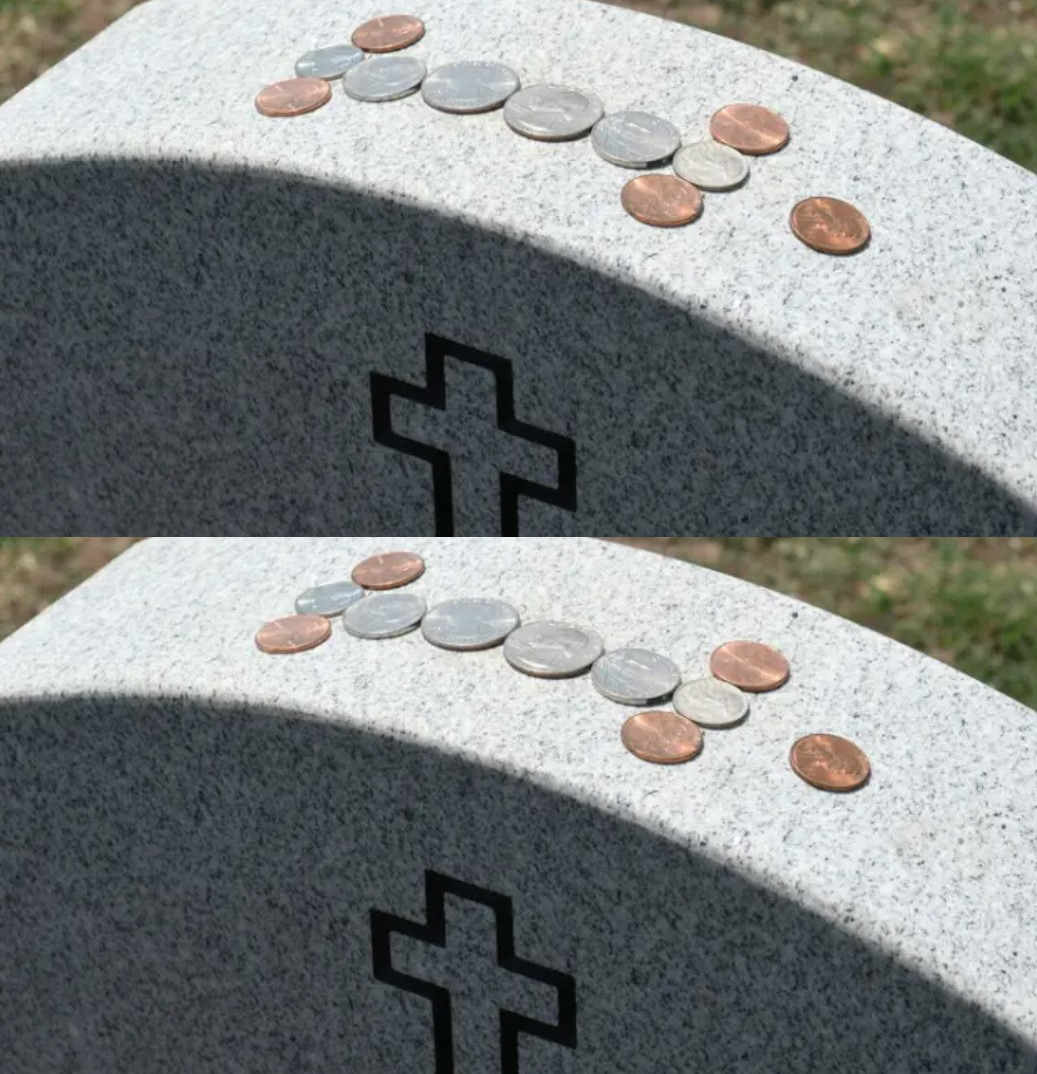
Have you ever wandered through a cemetery and noticed coins resting atop gravestones? This practice, while subtle, carries deep significance, especially within military traditions. Each coin tells a story, serving as a silent tribute to the deceased. Let’s delve into the origins and meanings behind this poignant custom.
The Origins of Leaving Coins on Graves
The tradition of placing coins on graves dates back to ancient civilizations. In Greek mythology, it was customary to place a coin, known as Charon’s obol, in the mouth of the deceased to pay Charon, the ferryman who transported souls across the river Styx to the afterlife.
This practice ensured safe passage for the departed.
Modern-Day Practice in Military Contexts
In contemporary times, especially in the United States, leaving coins on the graves of military personnel has become a way to honor their service and convey messages to their families. Each denomination holds a specific meaning:
- Penny: A simple acknowledgment that someone has visited the grave to pay their respects.
- Nickel: Indicates that the visitor and the deceased trained together at boot camp.
- Dime: Signifies that the visitor served alongside the deceased in some capacity.
- Quarter: Denotes that the visitor was present when the service member was killed.
Cultural Variations of the Tradition
While the coin-leaving tradition is prominent in U.S. military contexts, other cultures have their own practices:
- Jewish Tradition: Visitors often place small stones on graves instead of coins, symbolizing the permanence of memory and the lasting impact of the deceased.
- Chinese Customs: Historically, imitation currency, known as burial money, was placed in graves to provide for the deceased in the afterlife.
The Emotional Impact on Families
For families of fallen service members, discovering coins on their loved one’s grave can offer solace. It serves as a tangible reminder that others remember and honor their sacrifice, providing a sense of community and shared mourning.
Conclusion
The simple act of leaving a coin on a gravestone carries profound meaning, bridging the gap between the living and the deceased. Whether rooted in ancient rituals or modern military traditions, this gesture reflects respect, remembrance, and an enduring connection to those who have passed.





